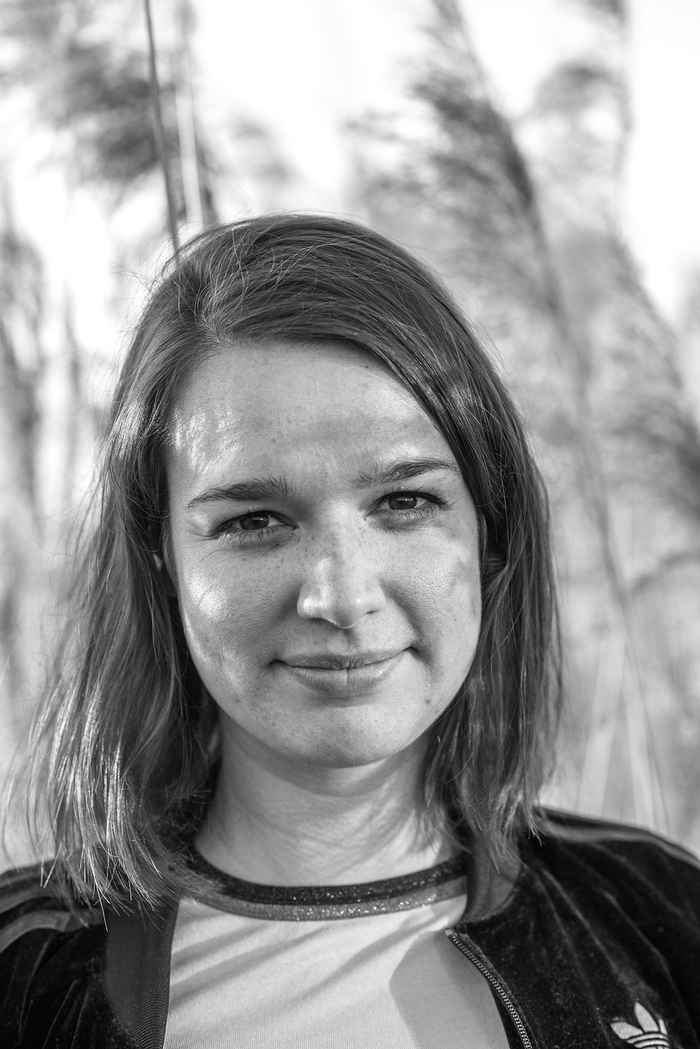Tessel Bouwens receives NWO Rubicon grant
22 April 2022

Leaves on a plant employ the photosynthetic process to convert water and CO2 into sugars, powered by sunlight. Similarly, artificial leaves can be designed to use solar power to generate synthetic molecules in a renewable fashion. These offer the opportunity for sustainable chemical synthesis at any location on earth. In her research, Tessel Bouwens aims to develop an artificial leave that employs solar energy to drive the transformation of simple feedstock molecules to create complex, chiral molecules used in pharmaceuticals. Where current artificial leaves are hampered by inefficient catalysis, Bouwens wants to combine the artificial leave concept with the use of biocatalysts, arriving at bio-hybrid devices that can greatly improve conversion efficiencies. For this, the Reisner lab at the University of Cambridge provides a perfect environment. It is considered a world-leading institute in the field of artificial photosynthesis and has excellent facilities.
About Tessel Bouwens
Dr Tessel Bouwens obtained her PhD in September 2021 under the supervision of Prof. Joost Reek and Dr Simon Mathew with the distinction cum laude. During her PhD, she developed the concept of the so-called 'ring-launching solar cell'. This research project originated from Bouwens' own research proposal that she wrote during the Excellence Master programme of the Holland Research School of Molecular Chemistry. The Rubicon grant enables her to take the next step towards becoming an independent researcher in the field of Artificial Photosynthesis.
See also
- Reisner Lab at the University of Cambridge
- Cum Laude PhD in chemistry for Tessel Bouwens
- Faraday Discussions poster prize for Tessel Bouwens
- HRSMC awards PhD project to Tessel Bouwens